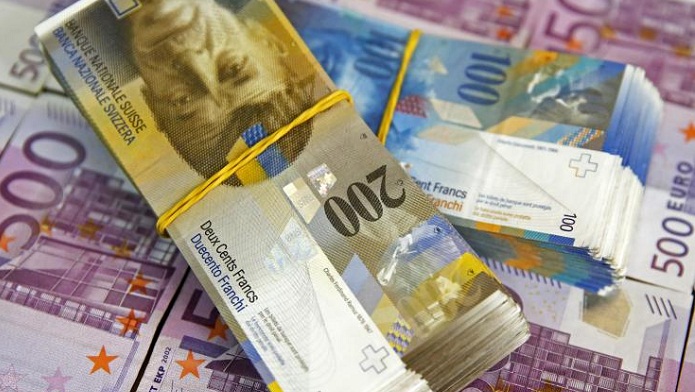“Our monetary policy is clear,” SNB President Thomas Jordan told Swiss newspaper Handelszeitung. “It is based on two pillars: the negative interest rates and the willingness to intervene in the currency market, if necessary.”
Sweden and Denmark introduced negative interest rates earlier this year. The SNB abandoned its currency cap on the franc in January, stabilizing it through negative interest rate policies and foreign currency purchases instead. But the bank still says the franc is “significantly overvalued” and could worsen if the European Central Bank eases its policy next month, as it is expected to do.
“They are just using the two pillars to weaken the franc at the moment,” Credit Suisse economist Claude Maurer told Reuters. “The bad thing about today’s situation for the SNB is that they don’t have many tools left.”
Switzerland`s key bank rate has remained at negative 0.75 percent. Some politicians and labor unions have called for the SNB to reintroduce the currency cap; but in the meantime, many economists’ hopes are pinned on the U.S. Federal Reserve, which is expected to raise interest rates for the first time in nearly a decade when it meets on Dec. 15 and 16. The rates could strengthen the American dollar, thereby relieving some pressure on Swiss exports.
More about:
















































